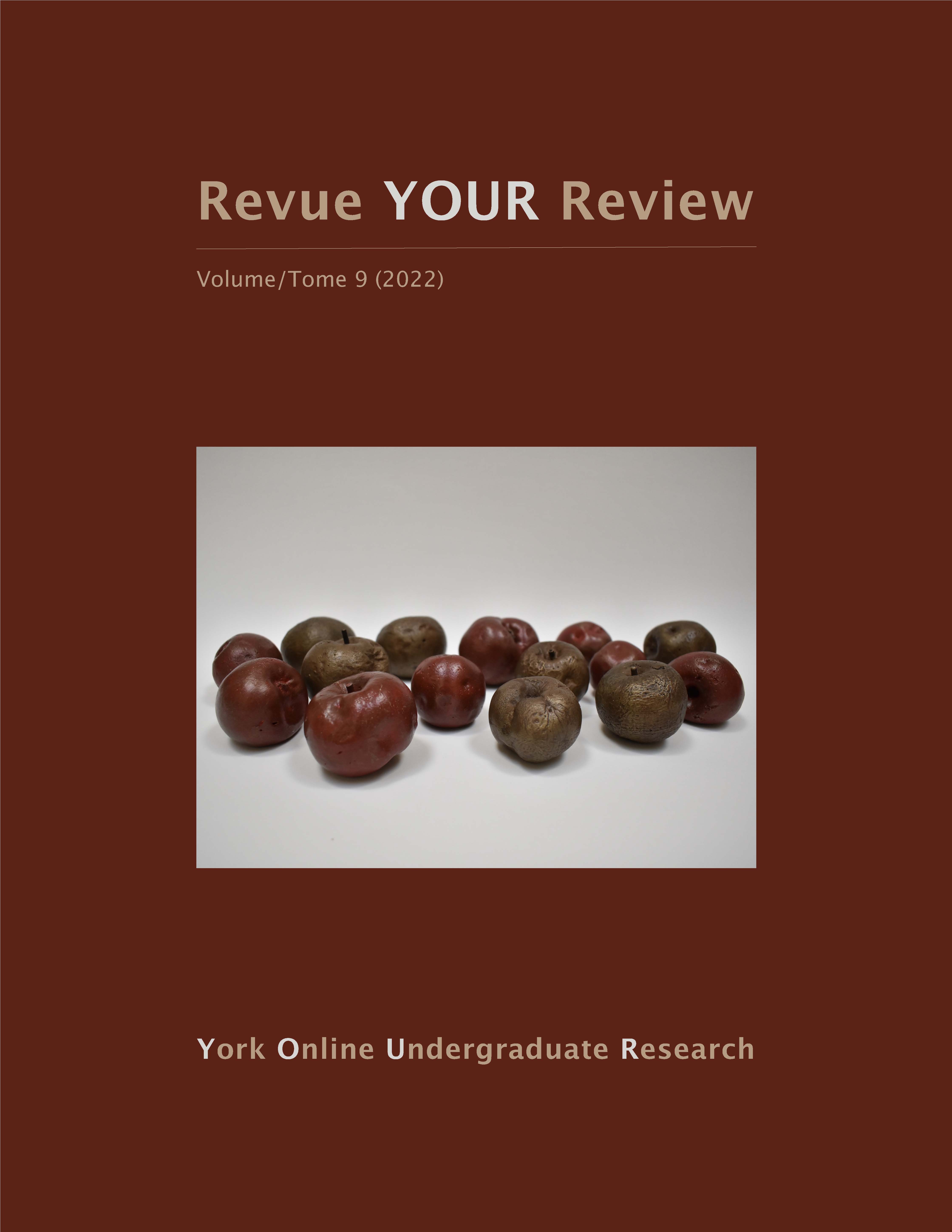Coping During Covid: A Pilot Study on Social Support, Mental Health, and the Internet
Abstract
The devastating effects of COVID-19 has impacted many aspects of society. This damage will likely persist long after COVID has been eradicated. Understanding this impact with regards to psychological wellbeing is essential to helping people cope with and recover from the consequences of the pandemic. This pilot study examined people’s experiences with social support (SS), mental health (MH), the interplay of these factors, and whether experiences with these factors changed as the pandemic progressed. The researcher administered online surveys to young adults living in Ontario. Participants completed questionnaires consisting of the Warwick-Edinburgh Mental Well-Being Scale (WEMWBS), the Multidimensional Scale of Perceived Social Support (MPSS) and an independent series of nominal (yes/no), and qualitative questions. Key findings from this dataset reveal that (1) a significant positive relationship was observed between social support and mental health, (2) social support and mental health have both been negatively impacted by the pandemic, (3) while people’s social relationships improved as the pandemic progressed, mental health deteriorated due to sustained periods of stress and isolation, and (4) the internet is a key resource for maintaining people’s wellbeing especially as a means to remain connected with others during this time. While there is a need for more research to develop concrete knowledge bases on people’s experiences during the pandemic, this study demonstrates that social support and correct use of the internet have great potential as means for people to manage mental health during this unprecedented time.
Downloads
Published
How to Cite
Issue
Section
License

This work is licensed under a Creative Commons Attribution-NoDerivatives 4.0 International License.
Authors contributing to Revue YOUR Review agree to release their articles under one of three Creative Commons licenses: Creative Commons Attribution 4.0 International; Creative Commons Attribution-NonCommercial 4.0 International; or Creative Commons Attribution-NoDerivatives 4.0 International. All editorial content, posters, and abstracts on this site are licensed under Creative Commons Attribution-NoDerivatives 4.0 International. For further information about each license, see:
https://creativecommons.org/licenses/
In all cases, authors retain copyright of their work and grant the e-journal right of first publication. Authors are able to enter into other contractual arrangements for the non-exclusive distribution of the e-journal's published version of the article (e.g., post it to an institutional repository or publish it in a book or in another journal), with an acknowledgement of its initial publication in this e-journal.


